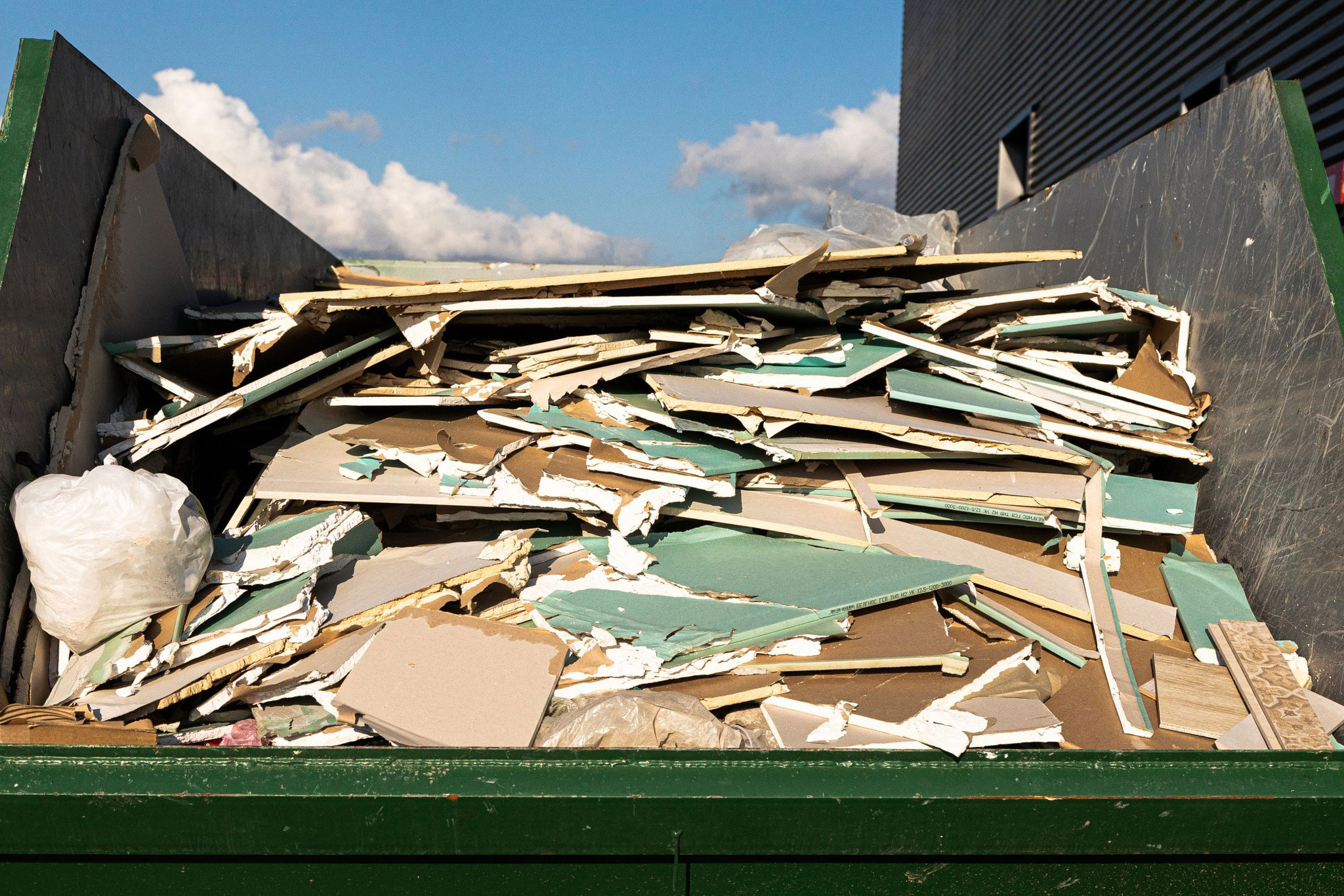Landfills could fill up in 13 years in Ontario, Mississauga looks to reduce waste
Published March 18, 2024 at 3:26 pm

Ontario’s landfills are nearly at capacity but there are ways to reduce waste.
“Landfills in Ontario are filling up fast, with only enough capacity left for the next 13 years,” according to a press release from the City of Mississauga.
A 2021 report from Waste to Resource Ontario found landfill capacity is expected to be exhausted in 12 years, by the year 2032. If the United States were to prohibit Ontario waste from crossing the border, Ontario’s landfill capacity will be exhausted by 2028.
Ontario residents send about 12 million tonnes of waste to landfills annually – that’s roughly around 2.2 kilograms (almost five pounds) of waste per person per day, according to the Ontario Waste Management Association.
Many of these materials that end up as garbage could have been reused or recycled, the City of Mississauga said in the press release.
Much of this waste is from construction, renovation and demolition where materials like wood, bricks, metal, cardboard, carpeting as well as furnishings can be reused or recycled, the release states.
Although landfills are necessary for materials that cannot be reused or repurposed, a considerable amount of waste that ends up in landfills could have been salvaged.
The City of Mississauga has undertaken several waste diversion projects over the past few years.
During the renovation of the Hazel McCallion Central Library, more than 120,000 kilograms of materials were diverted from landfills.
The Living Arts Centre recently completed a waste diversion project, successfully donating more than 4,000 kilograms of furniture such as chairs, tables and benches.
If you want to practise the circular economy model at home, you can look for ways to extend the life of items by repairing, repurposing, reusing or recycling the items, the release states.
The City of Mississauga offers the following tips:
- Look for ways to repair or repurpose broken items. Mississauga Library has Makerspaces equipped with sewing machines, Cricut machines and 3D printers. You can learn to sew up a tear in your clothing or create a new textile. You can also create a design to stick onto a mug to make it new again or you can 3D print an item that you need for a repair.
- Donate furniture, electronics or clothing to family, friends, a local donation store or charities.
- Go paperless where possible. In today’s digital world, it’s easy to switch to paperless options for billing, receipts or other documents.
- Consider borrowing or renting less frequently used items like tools, party supplies and board games.
- Avoid single-use items by using your reusable beverage and food containers, cutlery, straws and bags instead.
- Divert fruit and vegetable scraps, eggshells, coffee grounds and other organics from landfill by placing them in your green bin.
For more, see the City of Mississauga website here.
INsauga's Editorial Standards and Policies


